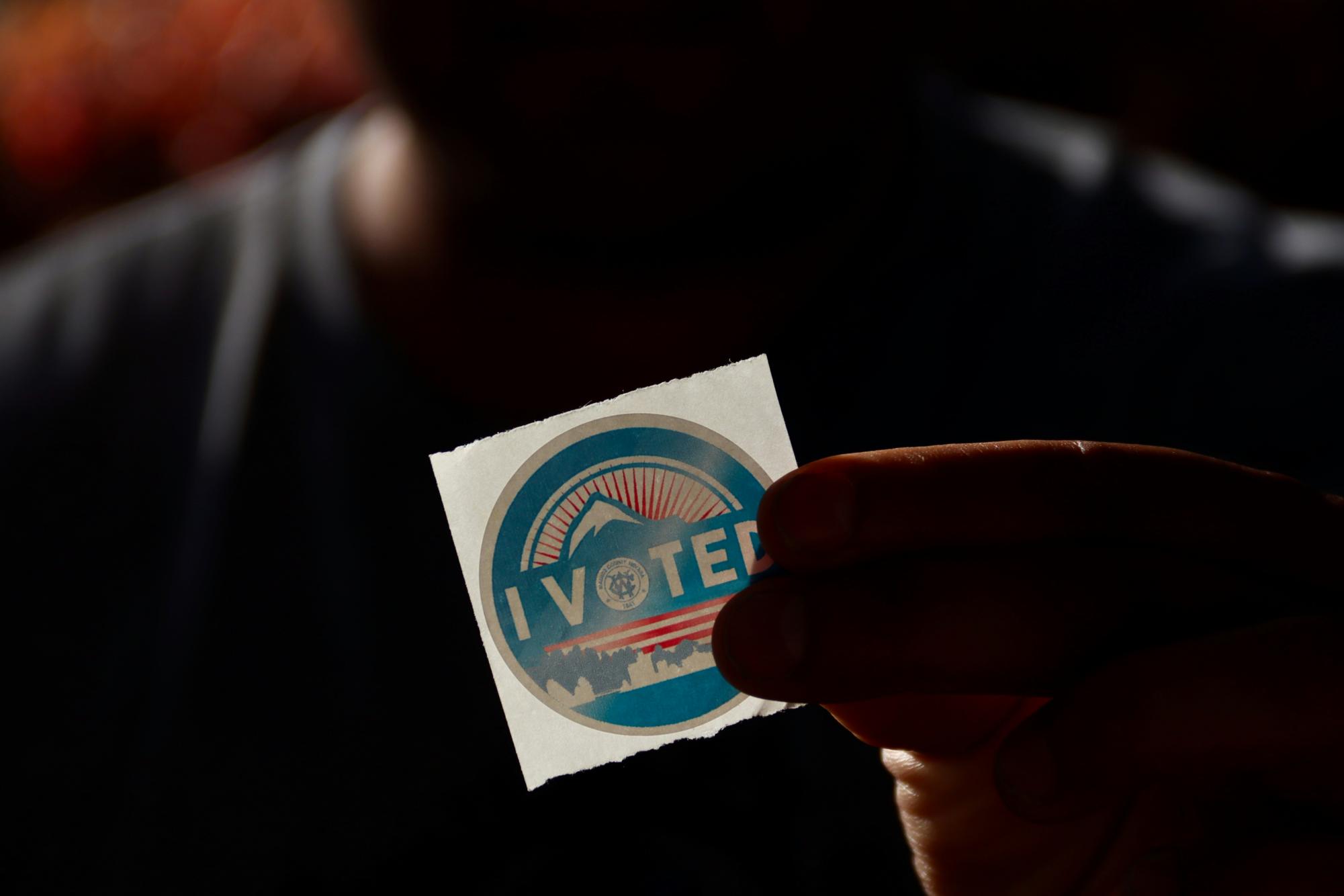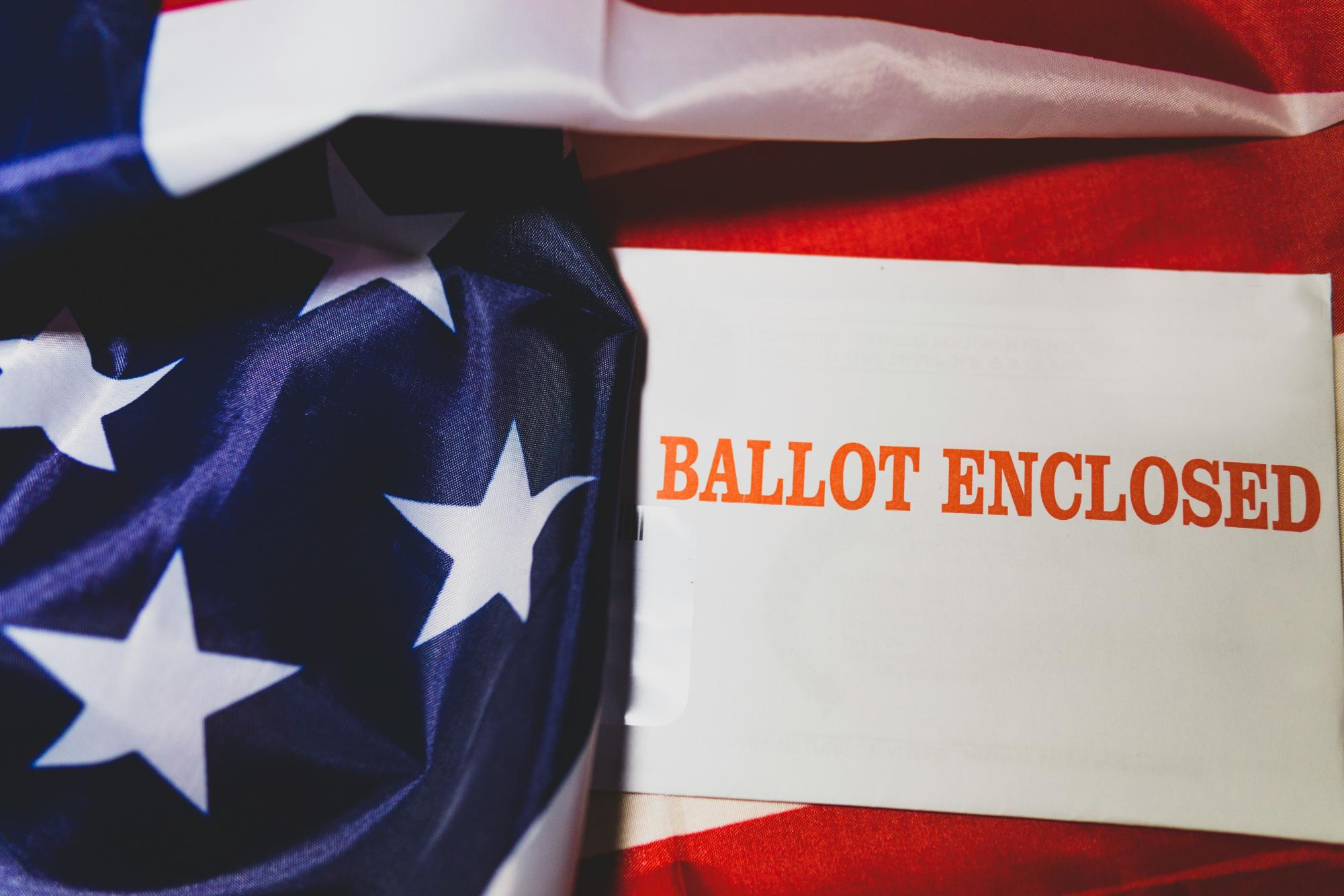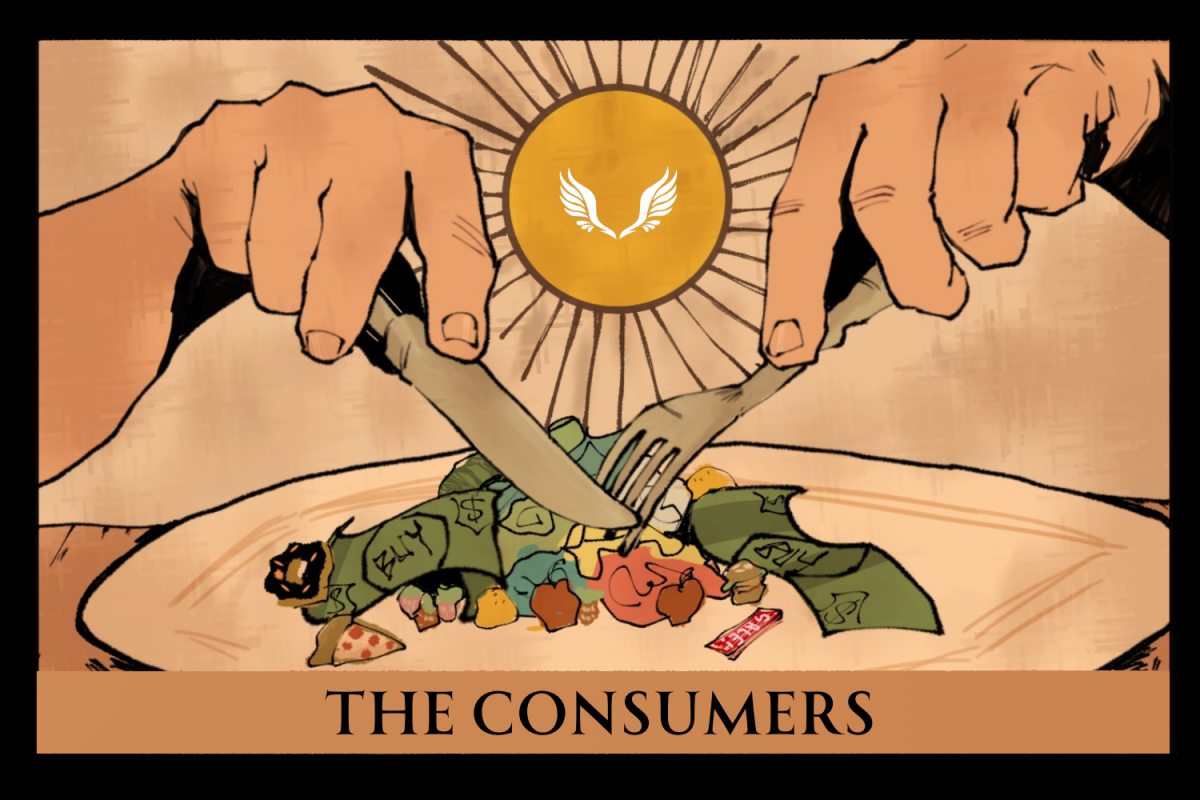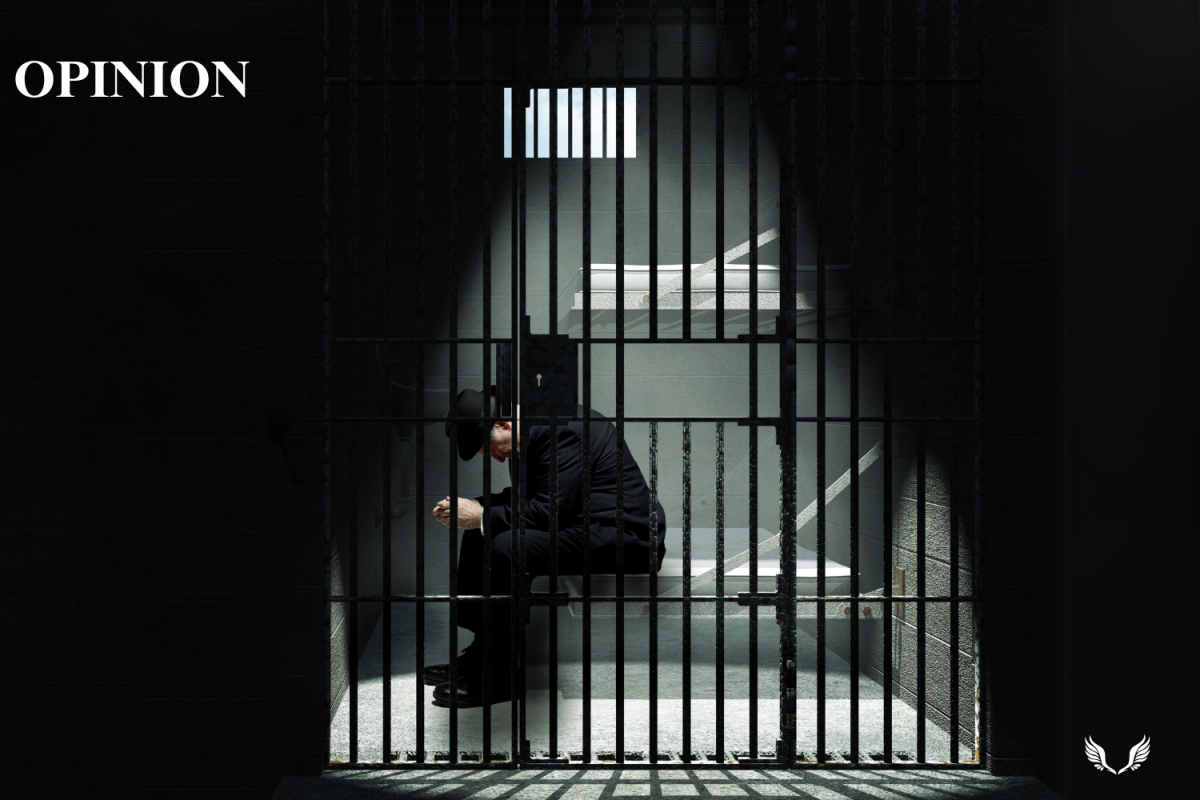America’s Neglected Elections and Why They Matter

The United States holds a presidential election once every four years. Elections always spark widespread debate, with diverse community members holding unique individual positions. Although the candidates change with each election, one thing remains constant—the media focuses almost entirely on the presidential election, ignoring gubernatorial, general assembly, and Council of State elections. This can hinder millions of North Carolinians’ civic engagement and political understanding, sparking less responsible voting decisions for statewide elections.
What are Gubernatorial, General Assembly, and Council of State Elections?
Gubernatorial, General Assembly, and Council of State elections determine the N.C. governor, General Assembly, and Council of State, respectively. These elections receive minimal media coverage throughout the state compared to the presidential election. Consider when you last saw a heated debate on the lieutenant governor race on Primetime TV.
For Zach Wood, AP US Government & Politics teacher, the lack of interest in televising a gubernatorial debate is unsurprising. In an interview with “The Weekly Talon,” Wood explained the root of the problem.
“You know, the more views you get, the more money there is to be made,” Wood said.
This is disheartening because statewide elections arguably impact daily life more than the presidential election ever will. Decisions made by state leaders determine the quality of public schools, healthcare access, the maintenance of local roads, and dozens of other issues that directly touch our lives every day.
Gubernatorial elections are statewide elections held to determine the chief executive, or governor, of any state or territory in the United States. In North Carolina, gubernatorial elections occur at the same time as the presidential elections, although these elections stagger throughout the nation. While many people know their state’s incumbent governor, they often do less research to determine their vote for governor. Admittedly, this election provided some exception to this rule, since Governor Roy Cooper had already served two terms and was not eligible for re-election. Additionally, a salacious report from CNN on Lieutenant Governor Mark Robinson’s internet history placed the Republican candidate under greater national scrutiny.
The governor of North Carolina serves as the head of the Council of State, a group of ten elected officials who oversee various state government functions. Those who cast a ballot in the 2024 election voted for members of the Council of State, which contains positions such as Superintendent of Public Instruction and Lieutenant Governor. The ten councilors of the Council of State oversee a branch of daily life and work together to maximize the efficiency of the sectors of the state. These officials oversee key public services like public education, law enforcement, and state infrastructure. These positions have counterparts in the government of the United States, although these federal counterparts have less bearing on North Carolina specifically. As such, the governor of North Carolina, in almost all cases, has more influence on North Carolinians than the president.
Working in coordination with the Governor and Council of State, the General Assembly is the most powerful legislative body in North Carolina. It crafts the state budget, shapes legislation, and oversees the executive branch. The General Assembly has more of an impact on our daily lives than the United States Congress. Every two years, voters elect members of the General Assembly. The Senate, the upper body, contains 50 members, and the House, the lower body, contains 120 members.
The influence exercised by members of the Council of State, the General Assembly, and the governor of North Carolina should be a sign for voters to do their research. Unfortunately, many of our state’s voters take a “down-the-ballot” approach, where a ballot might be fully Democratic or fully Republican without further consideration. For example, at a Davie County early voting site, some civilians gave out sample ballots with only Republican candidates chosen, aiming to promote down-the-ballot voting for that party. When we asked Mr. Wood if he thinks voter research has declined, he noted that “It’s decreased a little bit, but if anything, voter turnouts are decreasing the most where people are just refusing to vote because they don’t like either candidate or they also can’t vote for the third-party candidates that they would rather vote for… because of the rigorous process of getting put onto the ballot.” Our civic duty is to understand and defend our reason for our votes and understand our candidates’ policies—especially when these state-by-state candidates have such an unbelievable impact.

In the 2024 North Carolina gubernatorial election, Josh Stein of the Democratic Party won with 54.84% of the vote, beating the runner-up, Mark Robinson of the Republican Party, by 14.6%. Wood is one of many who find these results particularly striking considering the ultimate outcome of the presidential race.
“We overwhelmingly, with the vast majority, picked and elected a Democratic governor,” Wood said. “I kind of find that number to be interesting. Why do we have a Republican president that we voted for compared to a Democratic governor? Because, you know, if you think about it, it doesn’t match up.”
Josh Stein had been the favorite to win the gubernatorial election because of a series of incriminating and controversial remarks by Republican nominee Mark Robinson. Robinson faced backlash for a series of widely criticized remarks, which some voters viewed as racist, homophobic, and anti-Semitic, prompting 13% of Republicans to cross party lines.
According to his platform website, Governor-elect Josh Stein’s priorities for North Carolina include pocketbook issues like raising the minimum wage, lowering costs around the state, and cutting taxes for the working class to make everyday life a bit more manageable. Stein claims he aims to improve education, build a strong workforce, keep North Carolinians safe, support veterans, and increase healthcare access for the people of our state. Stein received 3,041,185 votes to Robinson’s 2,226,780.

Some of the most influential members of the Council of State include the Lieutenant Governor, who serves as President of the North Carolina Senate and as a member of the State Board of Education; the Attorney General, who provides legal advice across the state; and the Superintendent of Public Instruction, who leads the North Carolina Board of Education.
Rachel Hunt, a Democrat, won the North Carolina Lieutenant Governor Election. She is the first Democratic candidate elected Lieutenant Governor since 2008 and the second female Lieutenant Governor. The previous Lieutenant Governor, Mark Robinson, did not run for the position since he ran for governor. For the first time since 2017, the state will have a governor and lieutenant governor from the same party when the Council-elect takes office in January.
Jeff Jackson, a Democrat, won the North Carolina Attorney General election. He is the latest in a long line of Democratic attorney generals, as no Republican has won the office since 1896. The previous attorney general was Josh Stein, who ran for governor instead of running for reelection in this office. The attorney general provides legal advice to prosecutors and state officials.
Maurice “Mo” Green, a Democrat, won the North Carolina Superintendent of Public Instruction election. Catherine Truitt, the incumbent, lost the Republican primary election. Michele Morrow, the Republican nominee, reportedly made many controversial remarks that aided Mo Green’s campaign. According to WFAE 90.7, Morrow made comments that “called for the execution of former president Barack Obama,” and also made false claims regarding the LGBTQ community’s affiliation with serious criminal offenses. Others criticized her for having never worked in public education and previously homeschooling her children. Mr. Wood commented, “It’s interesting to think that when we’re electing people to represent us as public officials, had she got elected to represent public education, and she makes statements like that, people could view teachers across the state that way, as bigoted, as hateful, as close-minded, and that’s not what we want.” The Superintendent of Public Instruction race matters to Davie High students because the Superintendent oversees the state board of education, influencing our daily school experiences.
Including the Governor-elect, the Council of State will be split even: 5 Democrats and 5 Republicans. This marks a notable development for North Carolina’s government, as the previous Republican majority in the Council of State and General Assembly often weakened Democratic Governor Roy Cooper’s ability to pass legislation. Under Governor Josh Stein, the balance of power may shift, as he will hold greater veto power over the General Assembly than Cooper. This could reduce the frequency of veto overrides against the governor. For more details on the 2024 Council of State elections, click here.
General Assembly Election Results
At the opening of the legislative session in January, the N.C. Senate will contain 30 Republicans and 20 Democrats, and the N.C. House will contain 71 Republicans and 49 Democrats. There is a clear Republican majority in the General Assembly that occasionally conflicts with the more even Council of State. The Senate’s numbers stayed the same and Republicans lost one seat in the House.
Davie County’s Representative in the North Carolina House of Representatives is Republican Julia C. Howard, who has served in the role since 1989. She represents the state’s 77th representative district, being one of 120 representatives in the House. Being a general assembly member isn’t a full-time job; Rep. Howard also serves as the President of Howard Realty & Insurance Agency and previously served eight years on the Mocksville Town Board.
Our senator in the North Carolina Senate is Republican Steve Jarvis, who has served as a senator since 2020. He represents the 30th senatorial district of the state. He is a general contractor and lives in Lexington. Last school year, he visited South Davie Middle School to discuss the value of leadership with the school’s eighteen House Leaders. He was previously the County Commissioner of Davidson County and a representative for the 80th district.
Davie County Election Results
Jeff Jones, W.G. (Dub) Potts, Michael Hunter, and Stephanie Hurst, all members of the Republican Party, were elected to the Davie County Board of Education. They were the only four figures to appear on the ballot, and voters could vote for up to four candidates; as such, they all received around 21,000 votes in a county of 40,000.
The Davie County Enterprise describes Davie as a “Red” county—this is clear in our local election results. There are no Democrat elected officials in Davie County. There is only one nonpartisan official, the Soil and Water Conservation District Supervisor, who legally must run without party affiliations.

It is abundantly clear that statewide and local elections have an incredible impact on daily life. Our civic duty is to study and understand the policies proposed by all candidates, not just those vying for the White House. While it is unfortunate that many Americans neglect the non-presidential elections each election year, understanding their paramount importance is the first step in changing this for the future.
Your donation will support the student journalists of Davie High School. Your contribution will allow us to purchase equipment and cover our annual website hosting costs.






